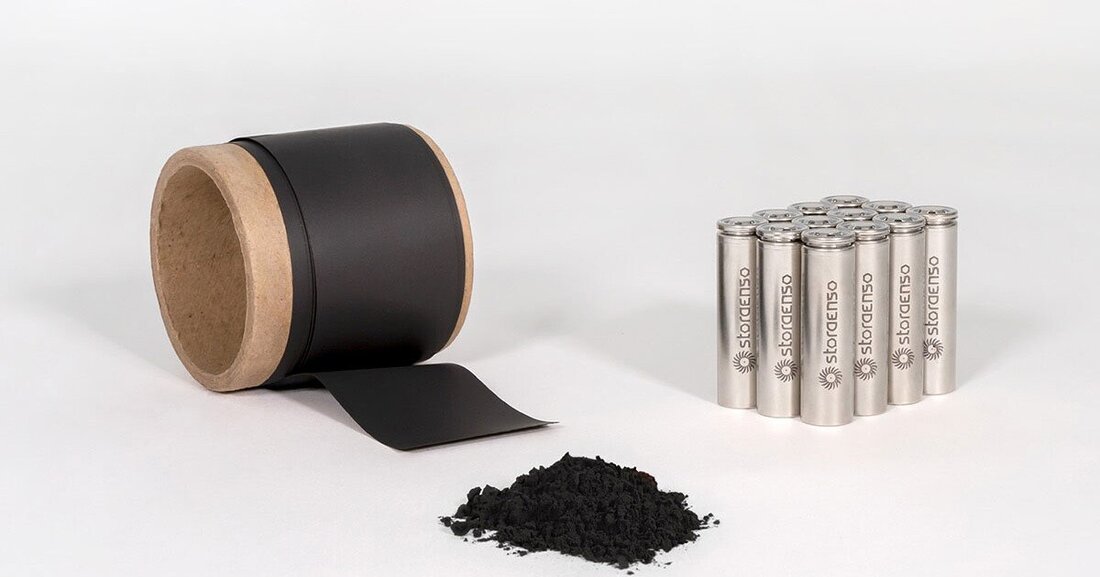Wooden electric car battery
Stora Enso has developed an anode from wood waste that enables the sustainable production of electric car batteries.

Wooden electric car battery
The Finnish-Swedish group Stora Enso is the second largest forestry company in the world and one of the largest paper and packaging manufacturers. With a by-product of pulp production, the company could now also become an important player in electromobility. “Lignode” is the name of the hard carbon based on lignin developed by Stora Enso. This material, which is waste during pulp production, is renewable and is already being processed in millions of tons.
One of the key components in batteries is the anode, which today is usually made of graphite. In 2030, the average anode consumption per electric car is expected to be 50-80 kg. The carbon is needed to absorb the lithium ions during the charging and discharging phases. If this is obtained from lignin, the CO2 balance during battery production can be neutral or even negative. The economic potential is also enormous. Most of the raw materials used in batteries currently have to be imported, which appears to be problematic from the perspectives of competition, the environment and geopolitics. “Stora Enso’s carbon “Lignode” offers a sustainable, cost-effective, high-performance and local supply chain solution for anode materials in Europe,” says Lauri Lehtonen, Head of Lignode Business at Stora Enso.
Trees are made up of 20-30% lignin, which acts as a binding agent and gives the wood stiffness and resistance to decay. It is one of the largest renewable carbon sources anywhere. As a side stream in pulp production, lignin is traditionally burned to generate energy. Stora Enso extracts lignin at its Sunila pulp mill in Finland to convert it into hard carbon for batteries. The trees used to extract lignin come from certified forests in Scandinavia and the Baltics. Stora Enso is currently conducting a feasibility study to assess the first industrial site for local fossil-free hard carbon supply in Europe. To serve the rapidly growing market for anode materials, it is looking for strategic partnerships to accelerate the scaling and commercialization of Lignode and to reduce the global dependencies of the European battery supply chain.

 Suche
Suche
 Mein Konto
Mein Konto